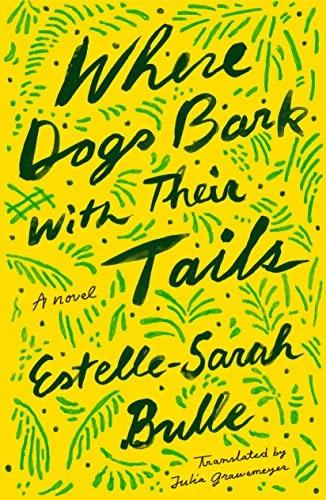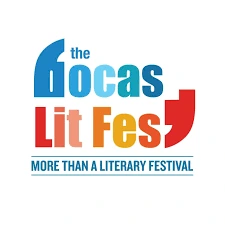August 6 2022
Welcome to the latest installment of the Bocas Book Bulletin, a monthly roundup of Caribbean literary news, curated by the NGC Bocas Lit Fest, Trinidad and Tobago’s annual literary festival.
New Releases

Love the Dark Days (Peepal Tree Press), the debut book from India-born Trinidadian writer Ira Mathur, weaves a complex story of family, class, identity, belonging, and writerly ambition, ranging from India to Britain to the Caribbean. Presented as a memoir but drawing on the techniques of fiction, the book describes a decades-long attempt by the narrator, nicknamed Poppet, to come to terms with herself and her adopted home, Trinidad, while negotiating the intricate anxieties of her hybrid family.
Interlaced through the main narrative is a series of chapters following Poppet as she visits the late Nobel laureate Derek Walcott in St Lucia—offering a double portrait of the elder writer as sacred monster, and the younger grappling with the confidence to lay herself bare on the page.

Where Dogs Bark with Their Tails (Farrar, Straus and Giroux), the award-winning debut novel by Guadeloupean-French Estelle-Sarah Brulle (translated by Julia Grawemeyer) moves between the rural countryside of Guadeloupe, the colonial city of Pointe-à-Pitre, and metropolitan France, unravelling an epic family story centred on the character of Aunt Antoine.
The legacies of colonialism, forbidden love across boundaries of race and class, and the power of stories to “reconcile past, present, and future” are at the heart of this vivid narrative.

Border Zone (Bloodaxe Books), the new poetry collection by Guyana-born John Agard, explores historic and present-day transatlantic connections between the Caribbean and Britain through diverse forms: a narrative poem of romance, sonnets in the voice of the restless 18th-century rogue Casanova, calypso poems, and even a sequence of gardening poems set during the Covid-19 lockdown.

Selected Poems (Penguin) by Linton Kwesi Johnson is a new, expanded edition of an essential text, offering a four-decade survey of the groundbreaking work of the Jamaica-born, Britain-based poet.
Early classics like the timeless “Inglan Is a Bitch” rub shoulders with new work from the past decade, while an introduction by journalist Gary Younge explains how LKJ’s “electrifying fusion of oral verse, Jamaican speech, radical politics, and reggae rhythms” has influenced poets, musicians, and activists since the 1970s.

Claude McKay: The Making of a Black Bolshevik (Columbia University Press), a new study by historian Winston James, focuses on the political life of the renowned Jamaican writer and activist—“a central figure in Caribbean literature, the Harlem Renaissance, and the Black radical tradition”. James describes how McKay’s Jamaican upbringing, followed by his early experience of racism in the United States and his contact with figures like Marcus Garvey, shaped his political consciousness, and drew him eventually to revolutionary socialism.

Information on the NGO’s full range of literary initiatives is available at www.bocaslitfest.com
